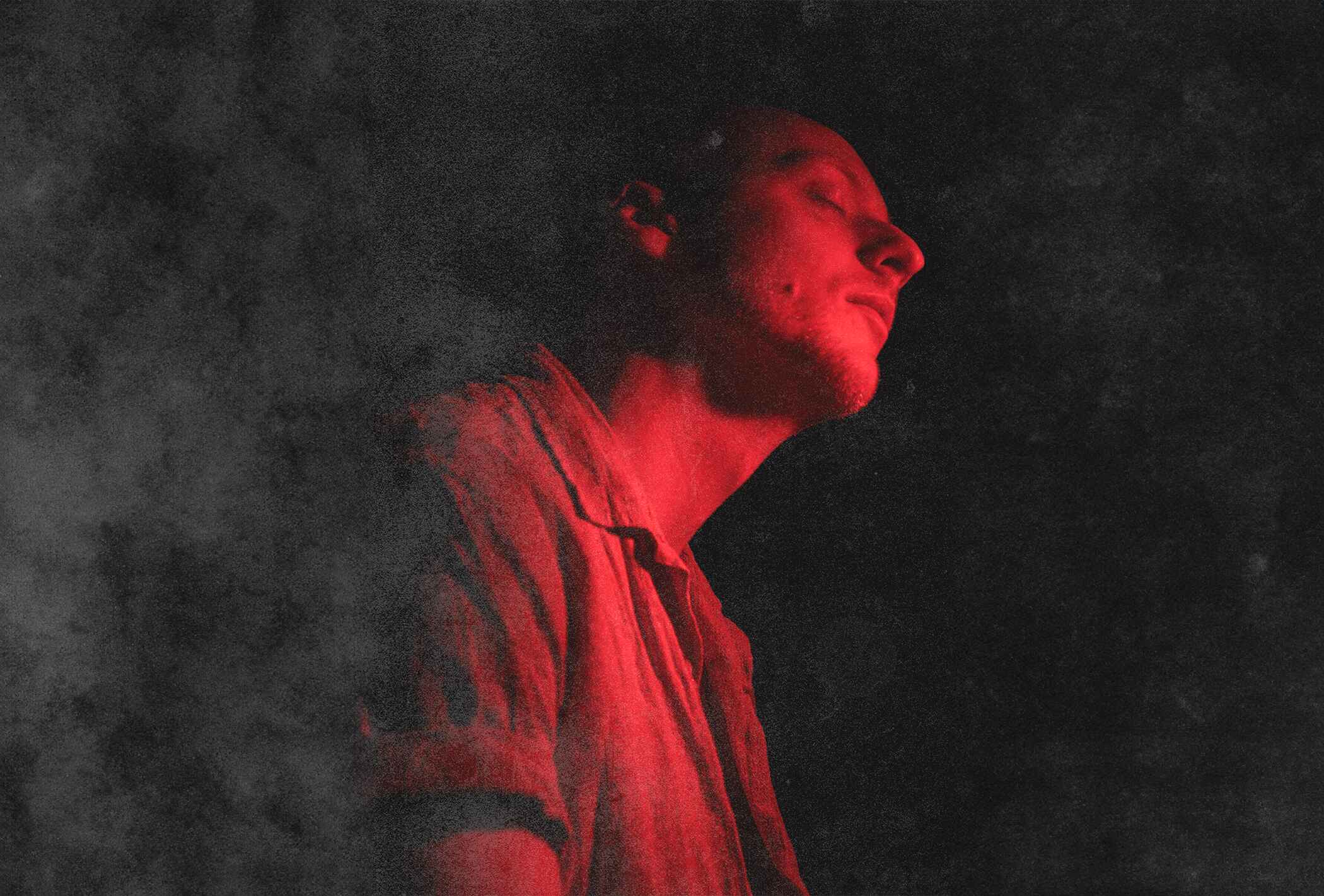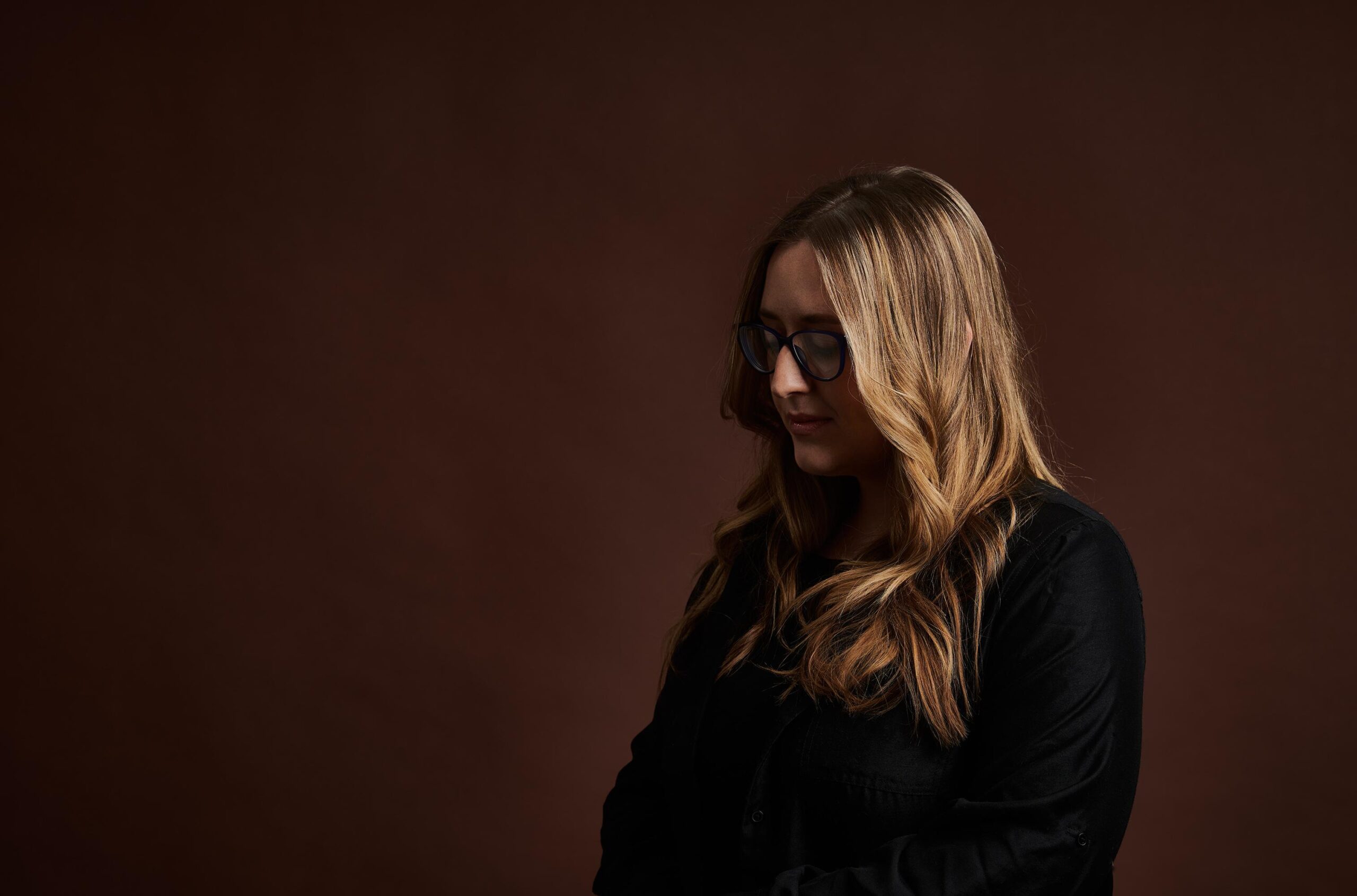Tommy Newport’s latest musical endeavor has resulted in a juicy creation called Ultra Mango. The EP is a fruity bloom of youthful thinking, ripe with radiance, quirk, and unpredictability. Sometimes witty, sometimes blunt, Ultra Mango is a relatable storybook for the youth of today that comes complete with a steady, comforting tinge. With frank honesty, […]








